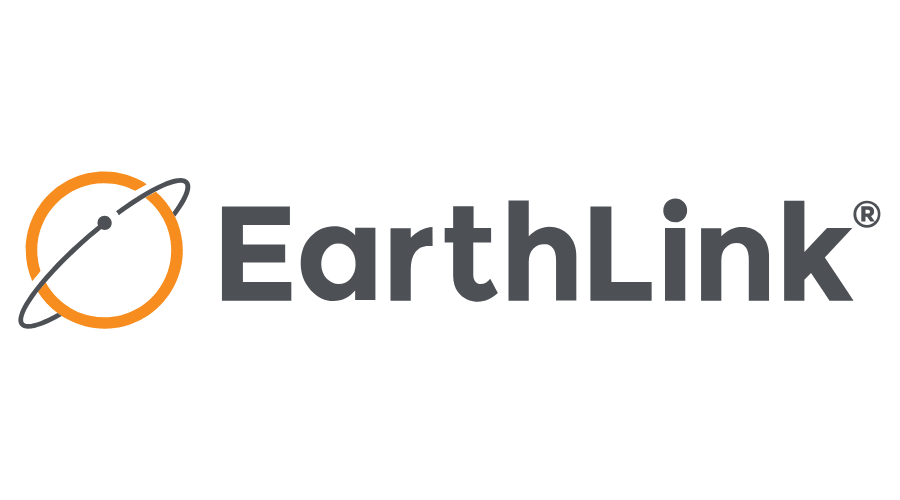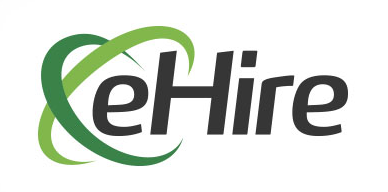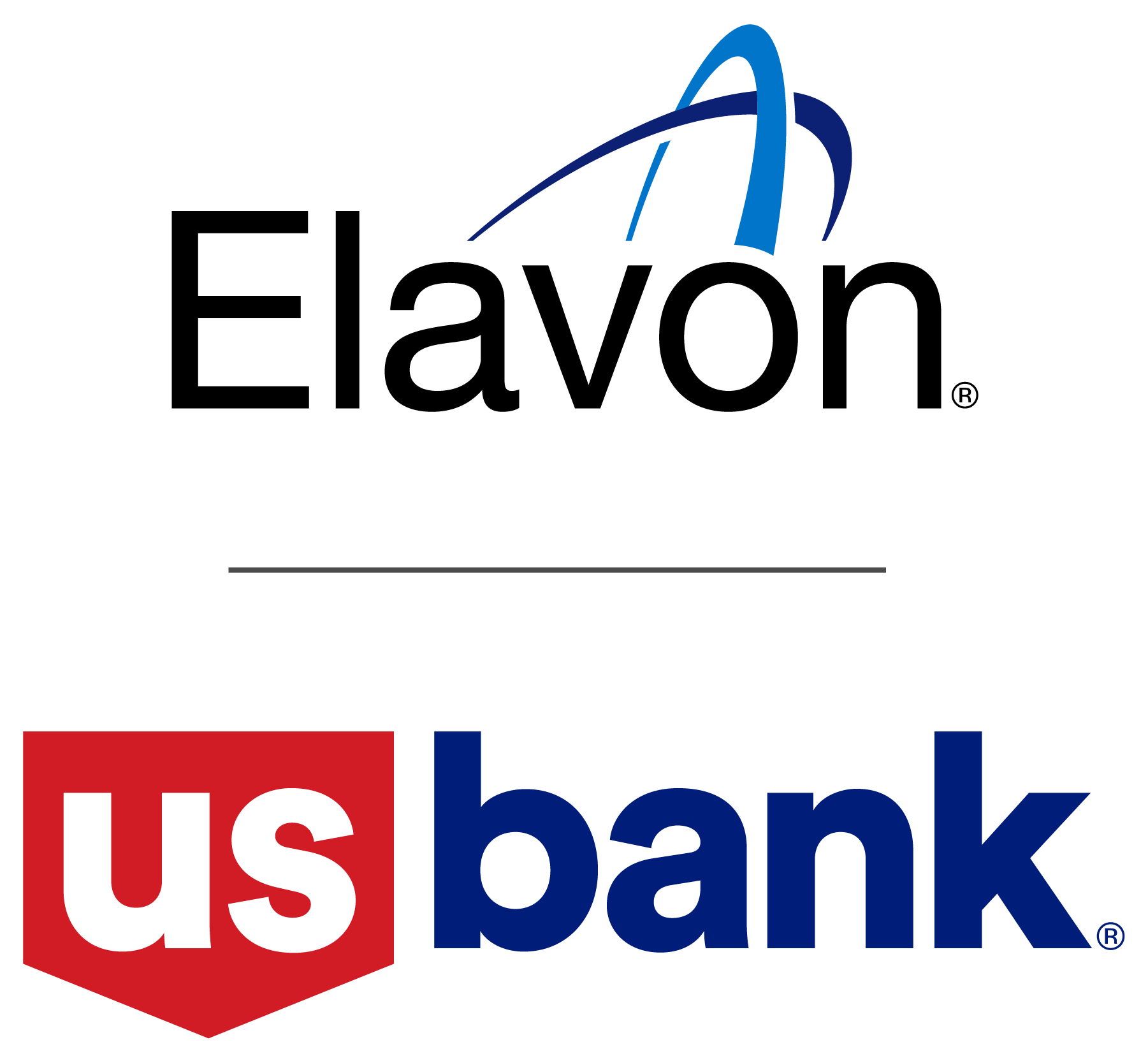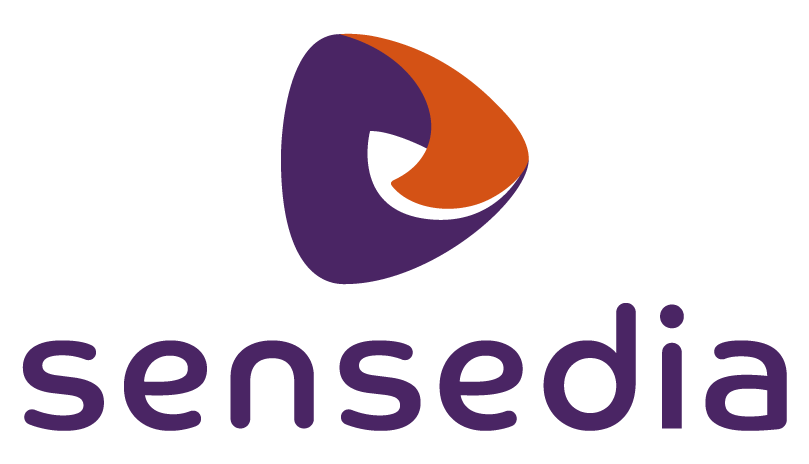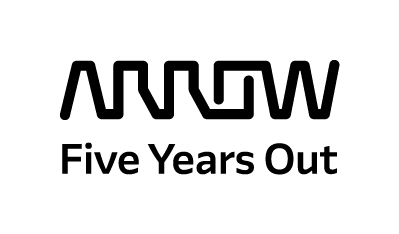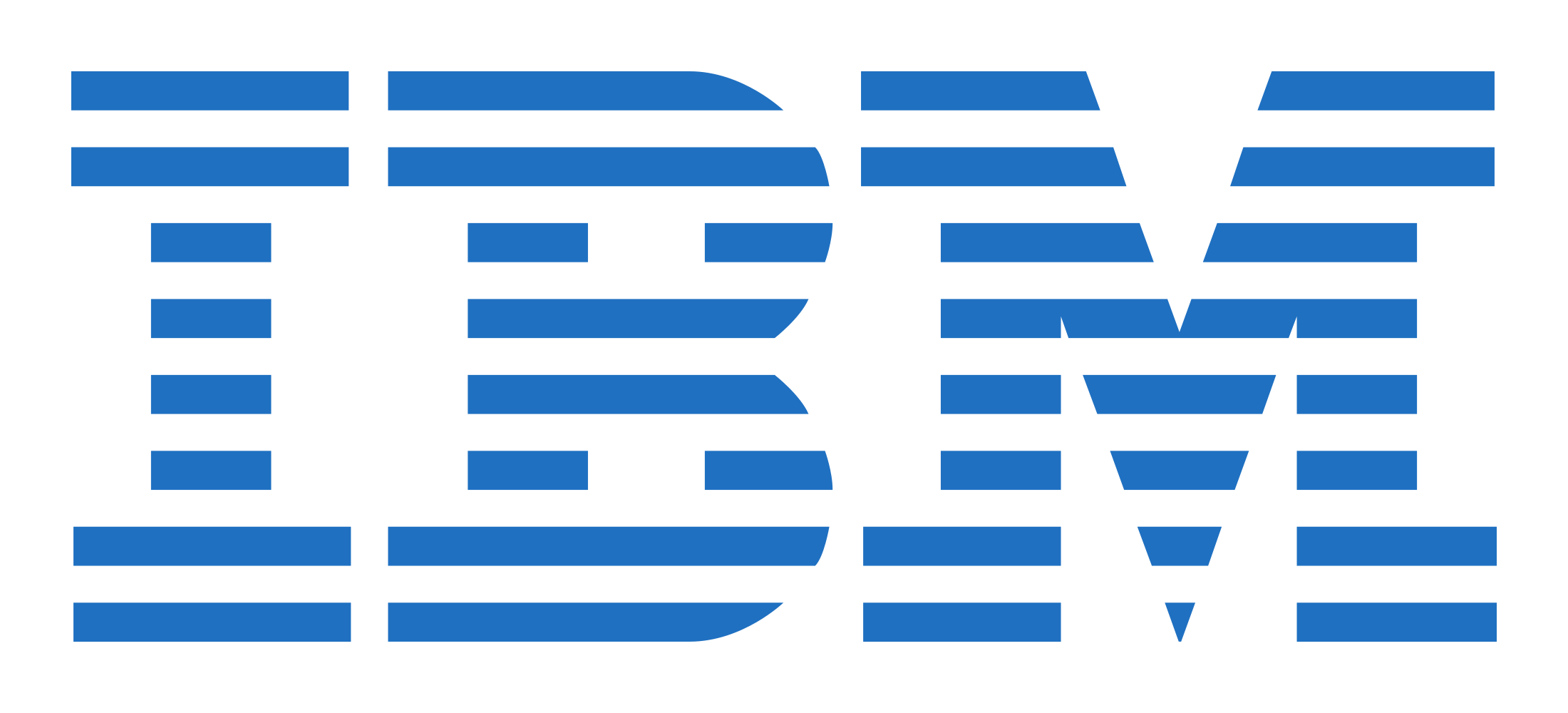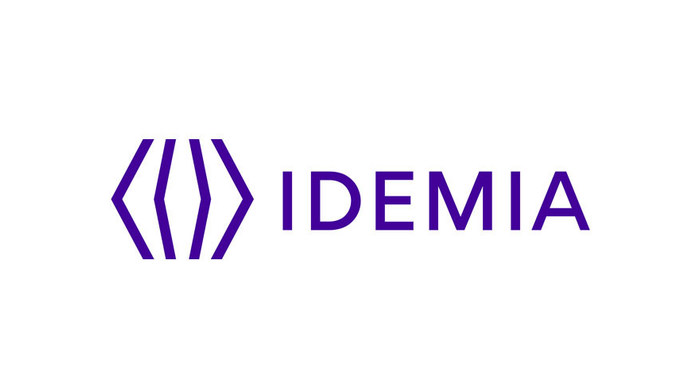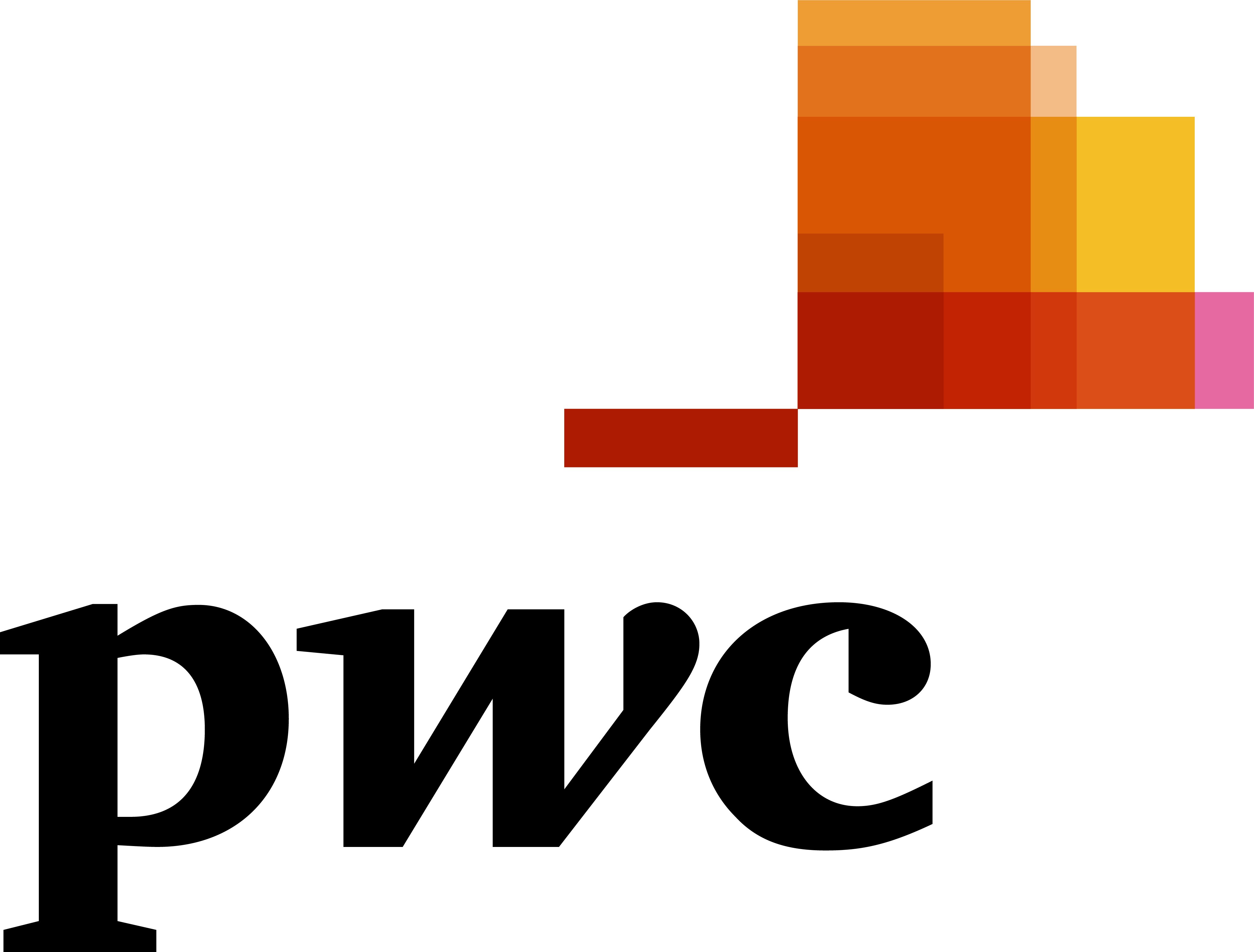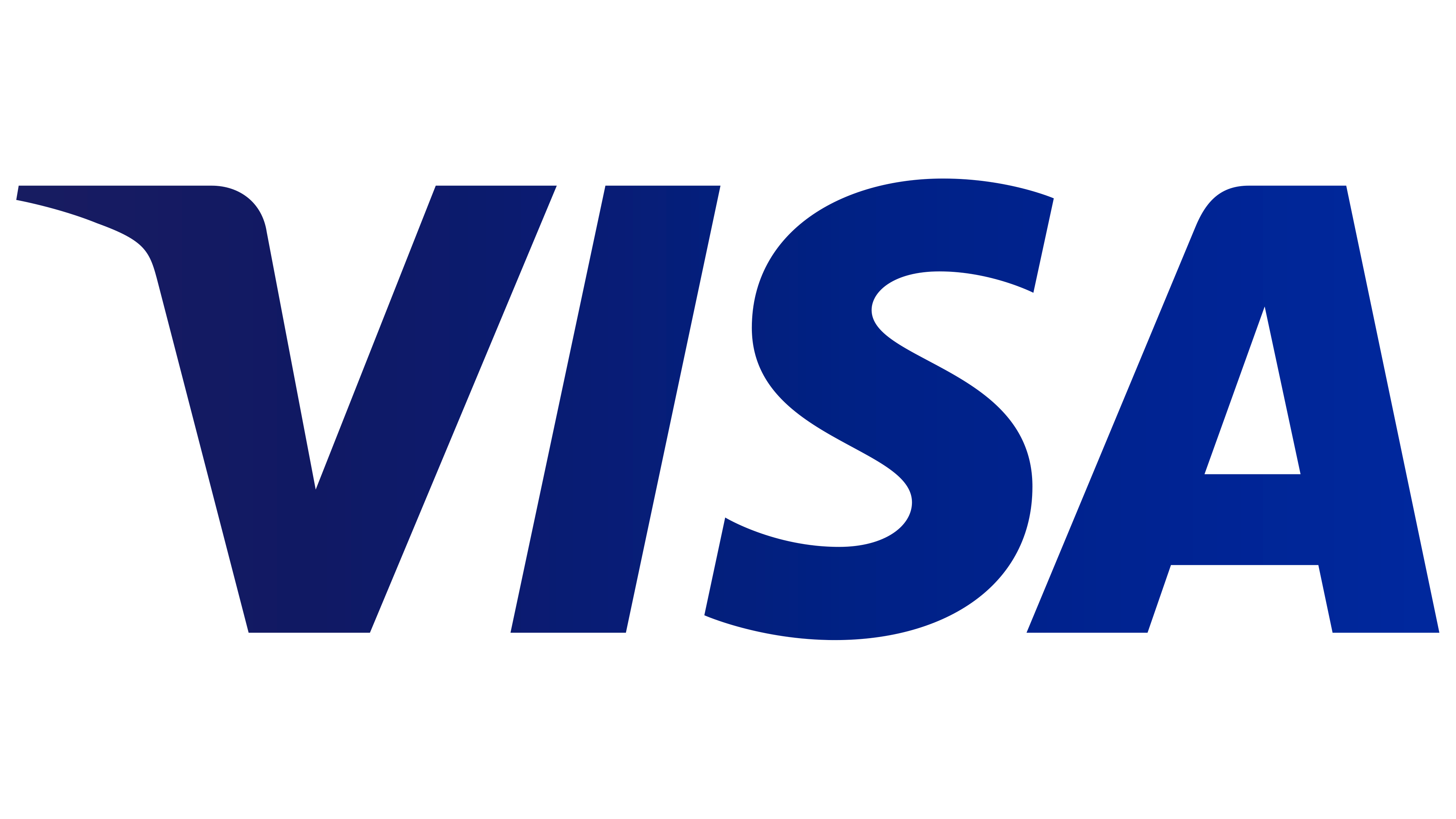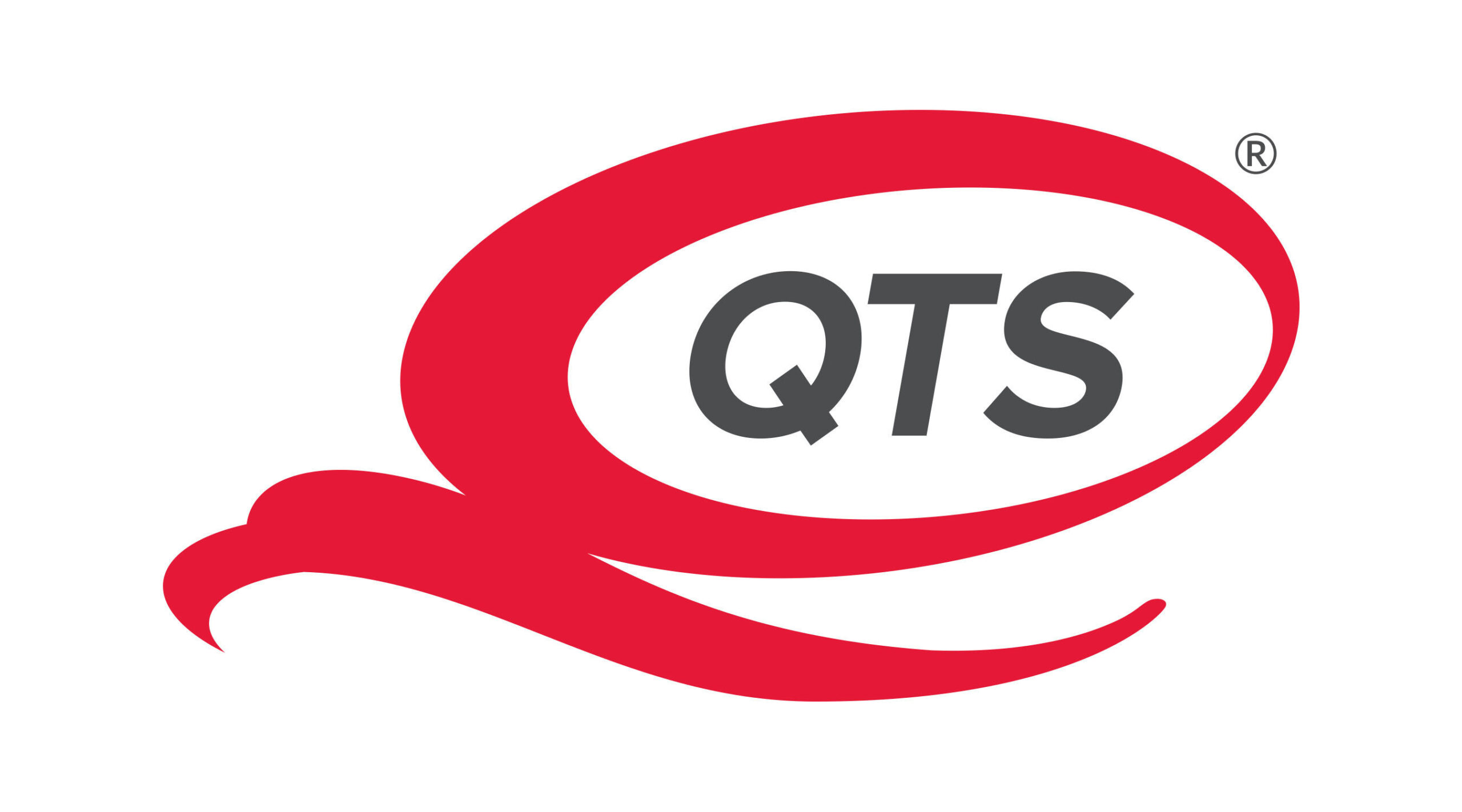They say big events happen in threes. If that’s the case, are we due for a breather?
Global Payments’ $21.5 billion acquisition of TSYS announced last week marked the payments space’s third major consolidation in the in the first half of 2019. In January Fiserv upended the status quo with its similarly sized acquisition of First Data. FIS followed suit in March with an even larger transaction, absorbing Worldpay. All three deals are subject to regulatory approval, and are targeting closure later this calendar year.
Both Global Payments and TSYS are headquartered in Georgia, as is First Data. While Fiserv and FIS maintain corporate offices in Wisconsin and Florida, respectively, both have significant Georgia presence. The same is true of Worldpay, which based its US operations in Atlanta until its 2017 merger with Vantiv.
Despite common themes of getting bigger fast to realize processing scale economies and a desire to offer a broader suite of payments services, these combinations each carry their own characteristics. In its investor call, Global Payments sought to differentiate itself as the “pure payments play.” Although FIS and Fiserv already operate payments networks, they are also known for offering core banking platforms and other software solutions to financial institutions. Their respective acquisitions extended the companies’ offerings horizontally into merchant acquiring and deeper into card processing.
By contrast, both Global Payments and TSYS focus on the card space. This deal’s synergy stems from combining bank and merchant acquiring strengths under one roof, as well as extending an already impressive international reach. Fiserv and FIS also gained meaningful international presence in their mergers, which was important as both firms’ books of business had been largely US oriented.
In announcing the deal Global Payments touted its “significant exposure to faster growth geographies,” as well as its “limited integration risk.” Fiserv and First Data are still in the process of digesting a spate of acquisitions, most recently Fiserv’s fall 2018 purchase of the third party debit and ATM processing components of US Bank’s Elan unit.
Interestingly, Global Payments committed fewer synergy benefits to investors, but promised to realize them more quickly. The Global/TSYS combination is slated to deliver $100 million in revenue synergies and $300 million in cost savings, both within three years. For their part FIS and Fiserv have each targeted $500 million of incremental revenue, both allowing five years to achieve that milestone. FIS projects $400 million in expense savings while Fiserv, with a longstanding track record for cost cutting, aims for $900 million in annual reductions.
The combined FIS/Worldpay entity will have $12.3 billion of annual revenue, followed by Global/TSYS at $8.5 billion and Fiserv/First Data at $5.7 billion. By comparison Jack Henry, the next largest core banking services provider, has annual revenue of $1.5 billion. Elavon, the 4th largest US card processor, is a unit of US bank and does not report financials separately. However it comprises the bulk of US Bank’s Payment Services segment, which had $6.0 billion of 2018 revenue.
Clearly the landscape has changed, and awareness of the payments sector among the general public has risen notably. After four months of big announcements one might now expect a period of relative calm, allowing for regulatory approvals to be secured and integration plans finalized. Then again, few people expected the flurry of activity that began in January.



